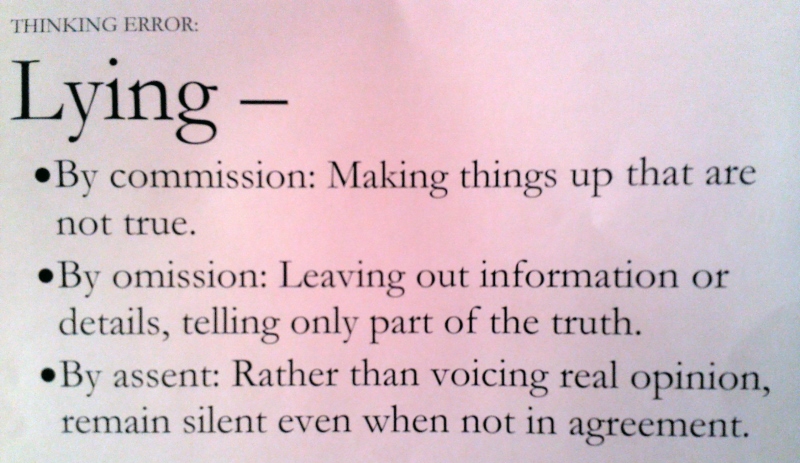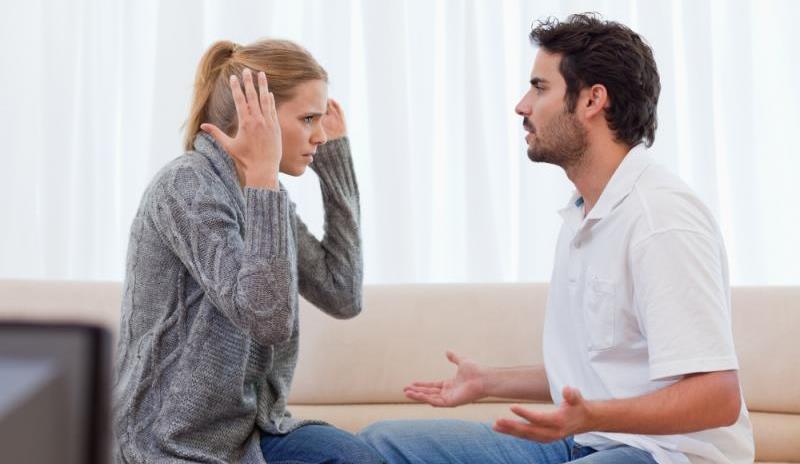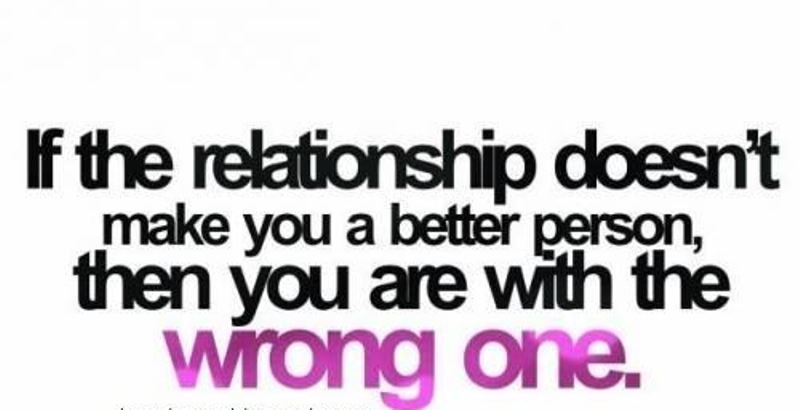What is a dysfunctional relationship? you might ask. It is one of those things that people may realize a tad bit too late. Dysfunctional relationships are the opposite of a functional one. A proper relationship will have you and your partner learning from each other, communicating with each other, and being available emotionally whenever the need arises.
A dysfunctional relationship, on the other hand, is the kind that has you in an emotional turmoil that you just can’t seem to make your way out of. People involved in such a relationship do not engage in healthy interactions or take any sort of responsibility for making their own lives or the relationship work. The degree of dysfunctions differs, of course. All of us get a little dysfunctional from time to time because we get stressed and a little dependent on the one we love. But that’s absolutely normal. It becomes a problem only when this goes overboard. No relationship is perfect. But a dysfunctional relationship is one of the bigger problems that you might want to solve.
Suggested read: 10 unmistakable signs you’re being emotionally manipulated by your partner
But how will you know that yours is one? Here are the signs of a dysfunctional relationship that you need to look out for.
1. All lies

Image source: Google, copyright-free image under Creative Commons License
People in a dysfunctional relationship lie to each other. They lie about all sorts of things, but mostly about things that will probably have them fighting or creating a scene if the truth were to come to light. They lie to themselves about the fact that they’re happy in their relationship, and that everything is perfectly fine between the two of them. In reality, it is all just a bunch of lies woven together. They even lie to other people about the nice haven that they’re living in. At the end of the day, it just turns into a game of who lies better.
2. Just for the drama
Every little thing becomes a cause for a battle, and drama that will be enough to drive anyone crazy. When you’re in a functional relationship, you choose your battles carefully because you don’t want to end up fighting unnecessarily. You generally let the small things slide and pick a fight only if it is really a cause for concern. But when you’re in a dysfunctional relationship, you don’t let even the minor things go. You’re five minutes late? Let’s fight and see who is at fault. You left the wet towel on the bed? Let’s have a go at each other like rabid dogs.
3. Obsessed

Image source: Shutterstock
When your partner starts to become obsessed with you and what you do all the time, things are definitely going downhill. It is obviously alright for a person to care because they love you but when they’ve started to focus on you, where you go, what you do, who you meet and why; then it’s time to re-evaluate your relationship. You don’t need someone breathing down your neck every second of your life. Do not mistake this for love because then you’ll be trapped. Chances are that you already are caught. You are not your partner’s property nor are they the only reason that you’re alive. So, put a stop to them feeling that way.
4. Inferiority/Superiority complex
Relationships are based on the idea of a partnership and an equal footing of both the people involved. So, when and if one of the partners starts to feel like they are inferior or superior to you, it tends to make things problematic. They might feel like they have no say in the relationship or that you are better than them in every aspect. They might even feel like they’re the better person and try to tell you how to live and what to do and when. It turns into game of comparisons, and that is definitely not a good thing for your relationship.
Suggested read: 20 definite signs of emotional abuse in a relationship
5. No compromise

Image source: Google, copyright-free image under Creative Commons License
None at all, whatsoever. Compromises are something that is a part of your life in general. When it comes to relationships, compromise is of utmost important. You have to realize that not everything will go your way at all times. There are going to be times when you will have to give up on something to maintain the love, peace, and your sanity in the relationship. You have to go watch the football game outside with a bunch of people, even though you want to stay home and snuggle on the couch and watch. It is just a part of life that dysfunctional relationships don’t have. These people fail to find any common ground whatsoever.
6. Problem solving skills: nil
You know how you’re not supposed to go to bed without solving a fight? People in a dysfunctional relationship just don’t understand this. They don’t work towards fixing the issues. They fight over and over again about the same things in life. When you fight about something, you either fix the problem or you learn from it. But dysfunctional relationships seem to revolve around the same problems more or less because there is no attempt to resolve it.
7. Guilt trips
You’re on one, just about all the time. You’re apologizing all the time for things you didn’t even do, or even things that you absolutely had no control over. You do all of it to keep your peace of mind and the sanity in the relationship, and it is fine to do so once in a while. But when it keeps happening all the time, it turns into a sick joke. Somewhere down the line, your partner’s actions become justified while you take the dagger each time. You start feeling worthless and ashamed. ‘I’m sorry’ is at the tip of your tongue for everything even if it is just as simple as you having forgotten to make the morning coffee or meeting someone out of your schedule. You’re going to apologize anyway.
8. Frustration is familiar

Image source: Pinterest
Getting even the smallest and simplest of things seems like a huge task. Everything becomes complicated, and for some reason, you just can’t seem to be on the same team with your partner. Despite your best efforts, nothing seems to be working. If you try to lead, you’re attacked with claims of being controlling. If you follow, you’re just not doing enough. There is no rationality whatsoever, especially when you have to make decisions together. By the end of it, you’re just filled with too much resentment and frustration to do anything about it.
9. Never ending
That’s exactly what dysfunctional relationships are like. People mistake it for love, but what it really is sheer attachment that you can’t get rid of. You think it’s going to be a cakewalk to walk away because all you do is fight and scream over the same things again and again – but it’s not. You’re just never able to bring yourself to walk out of the relationship. This is because you’ve become dependent on the drama. It is easier to kick and scream than try and make someone happy.
Suggested read: Why I stayed in an emotionally abusive relationship
If you’re familiar with the points listed above, then your relationship is far away from being a healthy one as I am from eating healthy. A dysfunctional relationship leaves you with a sense of hopelessness and helplessness that almost never goes away. It’s a permanent dark cloud that is blocking every happy thing that you wish to or could have had. You’ve lost any optimism or spark for you to keep going. You feel oppressed but you also feel like this is your fate because even though you want out, there seems to be no way that leads you there.
You might not even have friends to turn to because your partner would have told you to cut off from them, and you did. You were a lousy person before the relationship happened and so were all the people in your life. Your partner is the best thing that could have happened to you, but unfortunately and fortunately, none of it is true. If all of this is striking a chord with you, then it is time to get out of the relationship. This is a dangerous situation because it threatens your emotional sanity. It will leave you vulnerable and make you lead a life of a co-dependent slave, except that it’ll be cloaked as a loving relationship.
So, if you’re facing any of this, it is high time that you put your foot down and just leave. Read a few self–help books on emotional abuse and personality disorders. More importantly, talk to someone without feeling guilty about it. You need to get out of it because it is the right thing to do; because if you stay, you’re giving up on yourself and you don’t deserve that.
Featured image source: Pinterest












